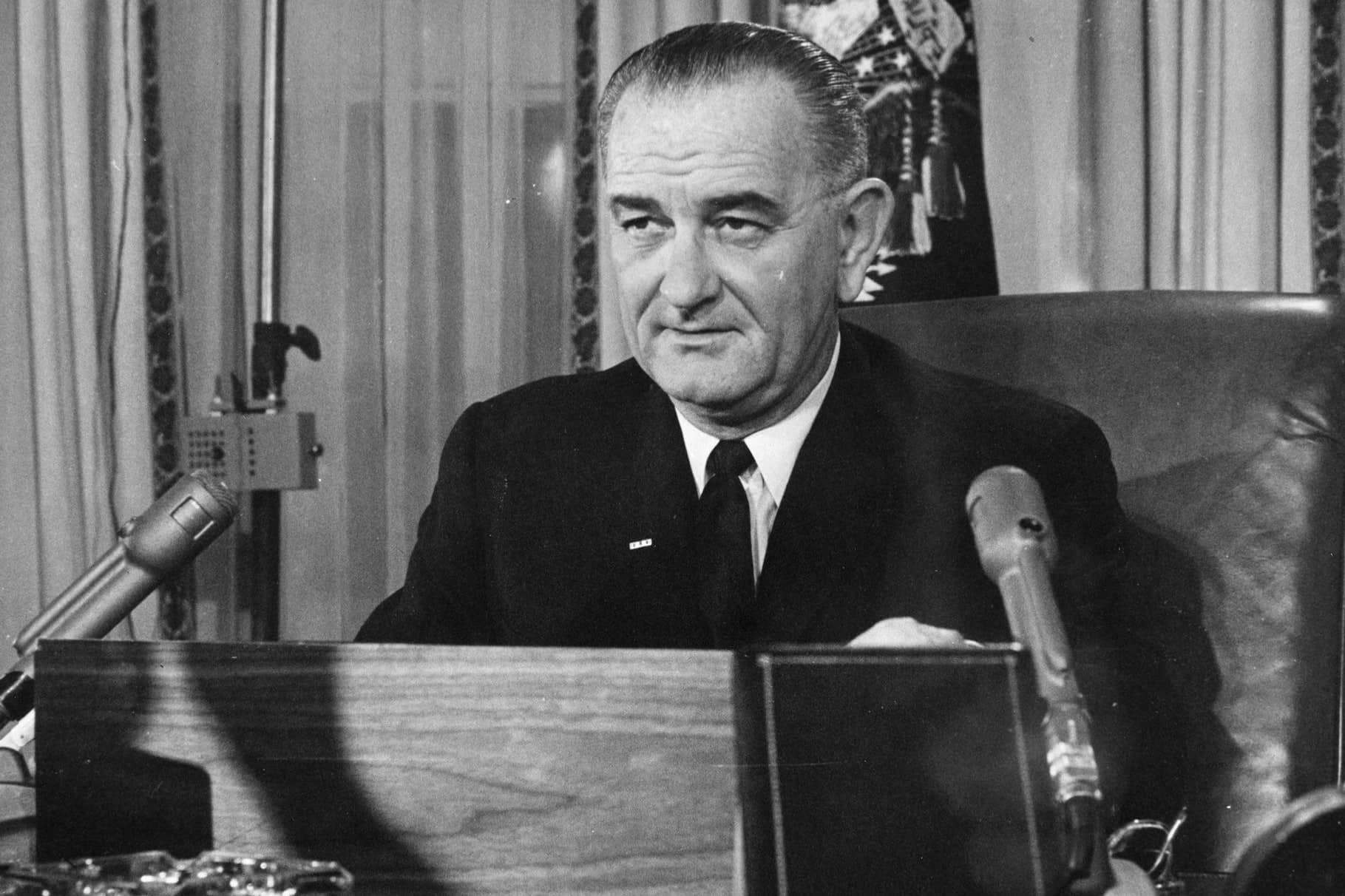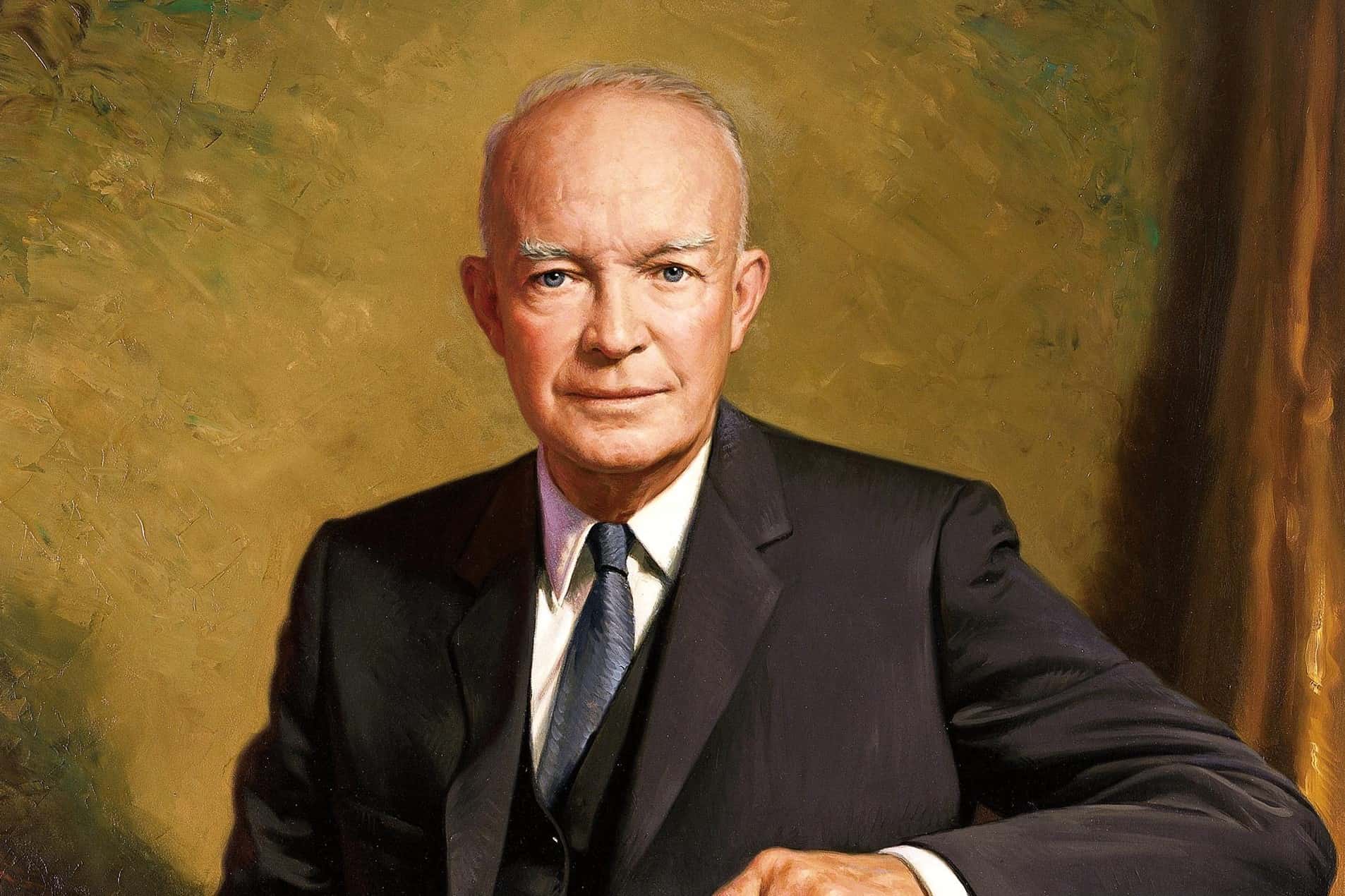
Lyndon B. Johnson, the 36th President of the United States, remains a figure of immense historical significance. Born in Texas, he rose from humble beginnings to become a powerful leader during a turbulent era. Johnson's presidency saw landmark legislation, including the Civil Rights Act of 1964 and the Voting Rights Act of 1965, which transformed American society. However, his tenure was also marked by the controversial escalation of the Vietnam War. Known for his larger-than-life personality and persuasive tactics, Johnson left an indelible mark on the nation. Curious about more intriguing details? Here are 50 fascinating facts about Lyndon B. Johnson that will give you a deeper understanding of this complex leader.
Early Life and Education
Lyndon B. Johnson, often referred to as LBJ, had a fascinating journey from his humble beginnings to the highest office in the land.
- Born on August 27, 1908, in Stonewall, Texas, Johnson was the oldest of five children.
- His family faced financial struggles, which instilled in him a strong work ethic.
- Johnson attended Southwest Texas State Teachers College, now Texas State University, where he earned a teaching certificate.
- Before entering politics, he worked as a teacher in a small town in Texas, teaching mostly Mexican-American children.
- His experience as a teacher influenced his later policies on education and civil rights.
Political Rise
Johnson's political career began in the 1930s and saw a rapid ascent through the ranks of American politics.
- In 1937, he won a special election to the U.S. House of Representatives, representing Texas's 10th district.
- Johnson served in the House until 1949, when he was elected to the U.S. Senate.
- He became the youngest Minority Leader in Senate history in 1953.
- By 1955, Johnson was the Senate Majority Leader, a position he used to wield significant influence.
- His ability to persuade and negotiate earned him the nickname "Master of the Senate."
Vice Presidency
Johnson's role as Vice President under John F. Kennedy was marked by both challenges and opportunities.
- Johnson was selected as Kennedy's running mate in 1960 to balance the ticket geographically and politically.
- As Vice President, he was often sidelined by Kennedy's inner circle, leading to frustration.
- Despite this, Johnson played a key role in pushing for the space race, advocating for NASA's funding.
- He also chaired the President's Committee on Equal Employment Opportunities, laying groundwork for future civil rights advancements.
- Johnson's vice presidency ended abruptly with Kennedy's assassination on November 22, 1963.
Presidency
Johnson's presidency was marked by significant legislative achievements and profound social change.
- Sworn in as the 36th President aboard Air Force One, Johnson immediately sought to calm a grieving nation.
- He championed the Civil Rights Act of 1964, which outlawed discrimination based on race, color, religion, sex, or national origin.
- Johnson's "War on Poverty" led to the creation of programs like Medicare, Medicaid, and Head Start.
- The Voting Rights Act of 1965, another landmark achievement, aimed to eliminate racial discrimination in voting.
- Johnson's Great Society programs sought to eliminate poverty and racial injustice.
Vietnam War
The Vietnam War was a significant and controversial aspect of Johnson's presidency.
- Johnson escalated U.S. involvement in Vietnam, believing it was necessary to stop the spread of communism.
- The Gulf of Tonkin Resolution in 1964 gave Johnson broad military powers in Vietnam.
- By 1968, over 500,000 American troops were stationed in Vietnam, leading to widespread protests and unrest at home.
- The Tet Offensive in 1968 was a turning point, causing many Americans to question the war's progress.
- Johnson's popularity plummeted due to the war, leading him to announce he would not seek re-election in 1968.
Legacy and Impact
Johnson's legacy is complex, marked by both significant achievements and controversies.
- Despite the controversy over Vietnam, Johnson's domestic policies had a lasting impact on American society.
- His efforts in civil rights legislation helped pave the way for future advancements in equality.
- Johnson's Great Society programs expanded the federal government's role in education, healthcare, and welfare.
- He was known for his larger-than-life personality and intense, sometimes intimidating, style of persuasion.
- Johnson's presidency is often viewed through the dual lenses of his domestic successes and the Vietnam War's failures.
Personal Life
Beyond politics, Johnson's personal life was filled with interesting anecdotes and relationships.
- Johnson married Claudia Alta "Lady Bird" Taylor in 1934, and they had two daughters, Lynda and Luci.
- Lady Bird Johnson was a significant influence on his career, known for her own advocacy in beautifying America.
- Johnson had a love for the Texas Hill Country, where he owned a ranch and often retreated to relax.
- He was known for his love of storytelling, often regaling friends and colleagues with tales from his life.
- Johnson had a collection of amphibious cars, which he enjoyed driving into lakes to surprise passengers.
Post-Presidency
After leaving office, Johnson's life took a quieter turn, though he remained a significant figure.
- Johnson retired to his ranch in Texas, where he wrote his memoirs and reflected on his presidency.
- He continued to advocate for civil rights and social justice, though he largely stayed out of the public eye.
- Johnson's health declined in his later years, exacerbated by a lifetime of heavy smoking and stress.
- He passed away on January 22, 1973, at the age of 64, from a heart attack.
- Johnson was buried at his family cemetery in Stonewall, Texas, near his birthplace.
Fun and Lesser-Known Facts
Some lesser-known facts about Johnson reveal more about his unique character and presidency.
- Johnson was known for his "Johnson Treatment," a mix of charm, persuasion, and intimidation to get his way.
- He often conducted meetings while swimming in the White House pool, making it difficult for others to leave.
- Johnson had a fondness for practical jokes, often playing them on his staff and friends.
- He installed a telephone in his bathroom, ensuring he was always reachable.
- Johnson's ranch had a replica of the Oval Office, where he conducted business even in retirement.
Influence on Future Presidents
Johnson's influence extended beyond his own presidency, impacting future leaders and policies.
- His civil rights legislation set a precedent for future presidents to continue the fight for equality.
- Johnson's Great Society programs influenced later social welfare policies and debates.
- Presidents like Jimmy Carter and Bill Clinton cited Johnson's work as inspiration for their own policies.
- Johnson's handling of the Vietnam War served as a cautionary tale for future military engagements.
- His legacy of both triumphs and challenges continues to be studied and debated by historians and political scientists.
Reflecting on LBJ's Legacy
Lyndon B. Johnson's presidency left a lasting mark on American history. From his ambitious Great Society programs to his pivotal role in the Civil Rights Movement, LBJ's impact is undeniable. His efforts to combat poverty and promote education reshaped the nation, while his controversial involvement in the Vietnam War sparked intense debate.
Johnson's complex legacy serves as a reminder of the power and challenges of leadership. His ability to push through significant legislation, despite facing opposition, showcases his political acumen. Yet, the shadow of Vietnam highlights the difficulties leaders face when balancing domestic and foreign policies.
Understanding LBJ's contributions and controversies provides valuable insights into the intricacies of presidential leadership. His story is a testament to the profound influence one individual can have on a nation's trajectory, shaping the course of history for generations to come.
Was this page helpful?
Our commitment to delivering trustworthy and engaging content is at the heart of what we do. Each fact on our site is contributed by real users like you, bringing a wealth of diverse insights and information. To ensure the highest standards of accuracy and reliability, our dedicated editors meticulously review each submission. This process guarantees that the facts we share are not only fascinating but also credible. Trust in our commitment to quality and authenticity as you explore and learn with us.


